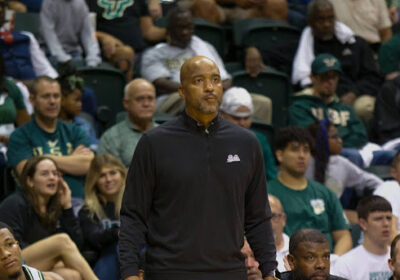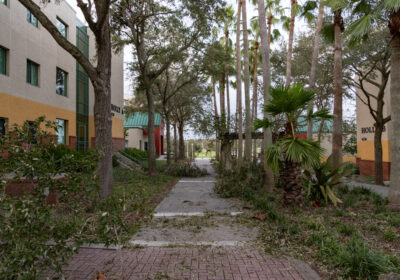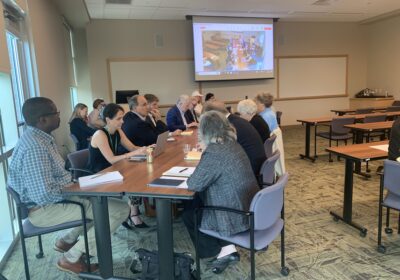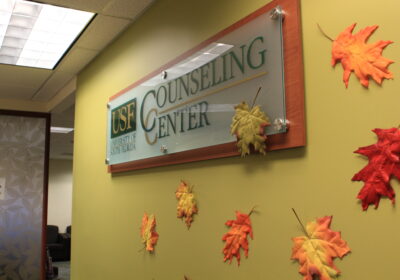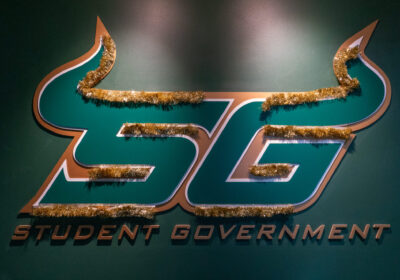Morale, new racial initiatives among key topics at second USF presidential town hall
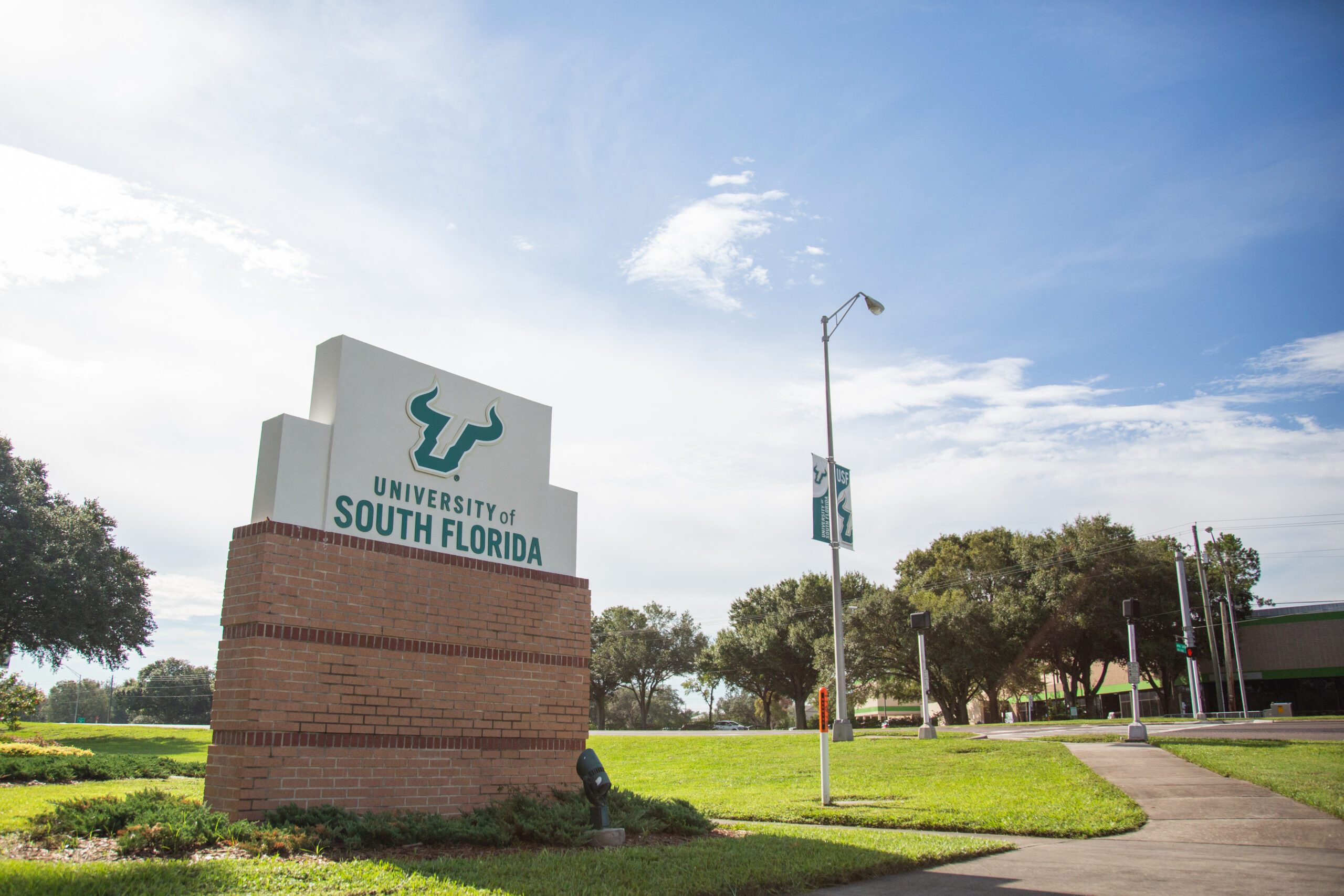
Students and faculty continued to voice their opinions on what qualities they are looking for in a new president during the second Presidential Town Hall on Monday, focusing on topics relating to anti-racism initiatives, low morale and campus cleanliness.
The discussion was moderated on Microsoft Teams by Senior Director of Information Technology Chris Akin, with Board of Trustees Vice Chair Michael Griffin and SP&A search consultant Alberto Pimentel taking notes on the responses to ensure each person’s input was recorded.
Over 200 participants joined the 55-minute town hall, a slight increase compared to the approximate 190 people in the first town hall.
The first topic discussed was about morale being at an all-time low at the university. Christian Brown, former integrative biology teacher at USF, kicked off the event with the first statement on how he believes former President Steven Currall left a hole in the university’s work environment.
“One of the biggest challenges that the incoming president is going to face is just the lack of trust and morale that exists within the USF community right now,” he said.
“I work with a lot of amazing people, and I think a lot of those people should be highly valued by the next president. I think the last presidency may or may not have valued their input as much and kind of left a low morale. I’d really like to see everybody working together again toward OneUSF.”
Nancy White, an anthropology professor at USF, then brought attention to campus cleanliness. She said the current state of many campus buildings and facilities is unacceptable and unpresentable.
“A word you hear a lot, but never at USF, is infrastructure. Our buildings are filthy, the grounds are a mess, there’s garbage all over and A/V in the classroom is either not working or difficult to work,” she said. “If we’re a research university and we bring in visitors from elsewhere and they see garbage all over and computers that don’t work, they’re going to think ‘What is going on here?’”
Transparency and reliability of the next president was a common concern for participants.
When Currall was in office he held a listening tour at all the campuses to meet students, faculty and staff. He also toured facilities associated with USF throughout the Tampa Bay area.
White said hearing feedback in person would help to solve issues the university has, such as the state of campus cleanliness or lack of student participation and morale.
“If I was going to be the next president, which Lord help me I hope I never would be, but I would want to go around to every single building and every department to ask people what’s good here and what’s not so good here,” White said.
Participants said they were concerned about their perceived lack of progress in diversity and inclusion the university is making. Michelle Madden, campus diversity, inclusion and equity officer on the St. Pete campus, said the new president should make this a priority rather than an untouched side task.
“Our next president should not see diversity, inclusion and equity as something that is stand-alone or extra,” she said. “These values should be inextricably woven into the fabric of who we are as a university, in all aspects, on all campuses and throughout the communities in which we are situated and should be serving.”
Jennifer Iceton, academic services administrator of the Zimmerman School of Advertising and Mass Communications, expanded the topic, pressing the notion USF needs to recognize its inherent racism and a new president needs to change the rulebook in terms of how the university should approach racial progress.
“As we’re looking at what [the next president] brings to campus, I think it’s really important to talk about [their] personal experiences, positionality, intersectionality and the different ideas that you bring to the table,” Iceton said.
“I think that we should take a really firm stand in embracing inclusivity and diversity but we can’t do that without changing the ways in which we do hiring, especially at the presidential level.”
For those who did not get to add their input during the town hall, a presidential search survey asking what qualities in a potential candidate are most important will be available until Oct. 20.
Griffin said the input received during the town halls and the survey will be taken into account, and assured the search for the next president will be guided by the feedback.
“We have really taken this process slowly. We are really going throughout the university community and all campuses within all colleges to listen, to ensure that everyone has the opportunity to speak and to provide input,” he said.
“Your input will drive this process, and we will continue listening until we feel like we’ve reached everyone.”

